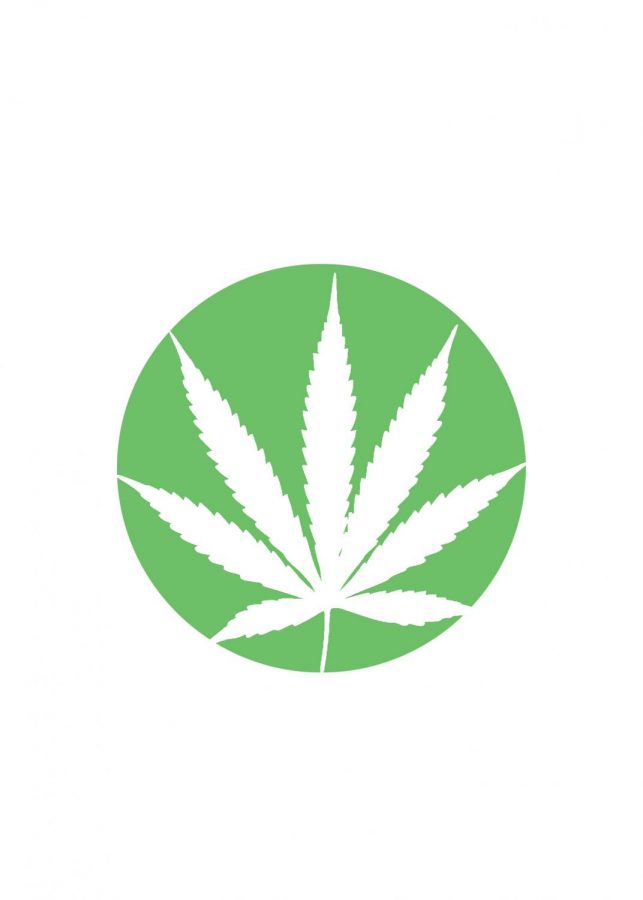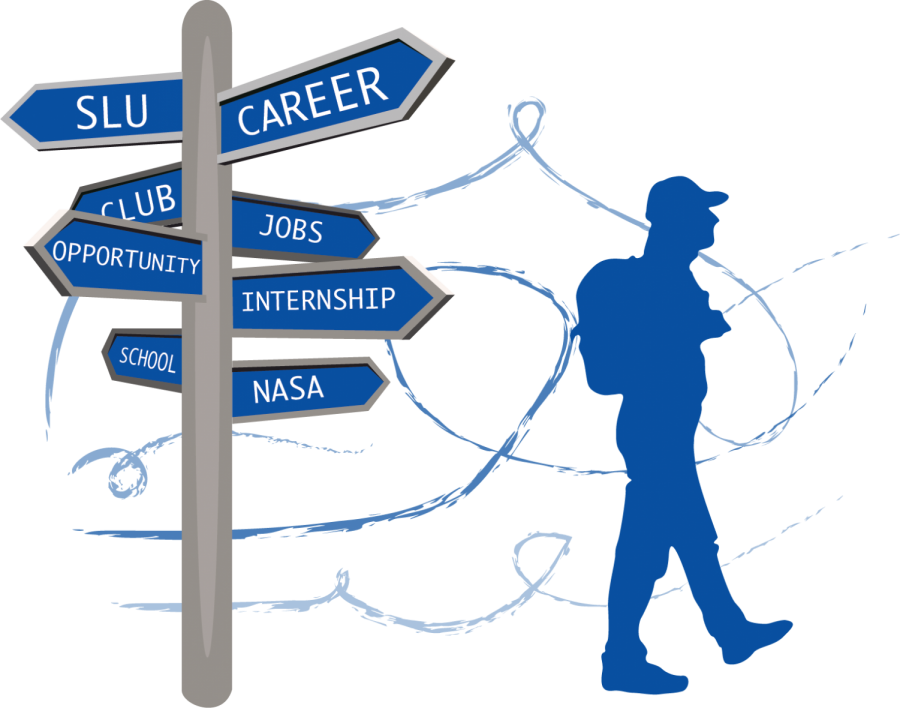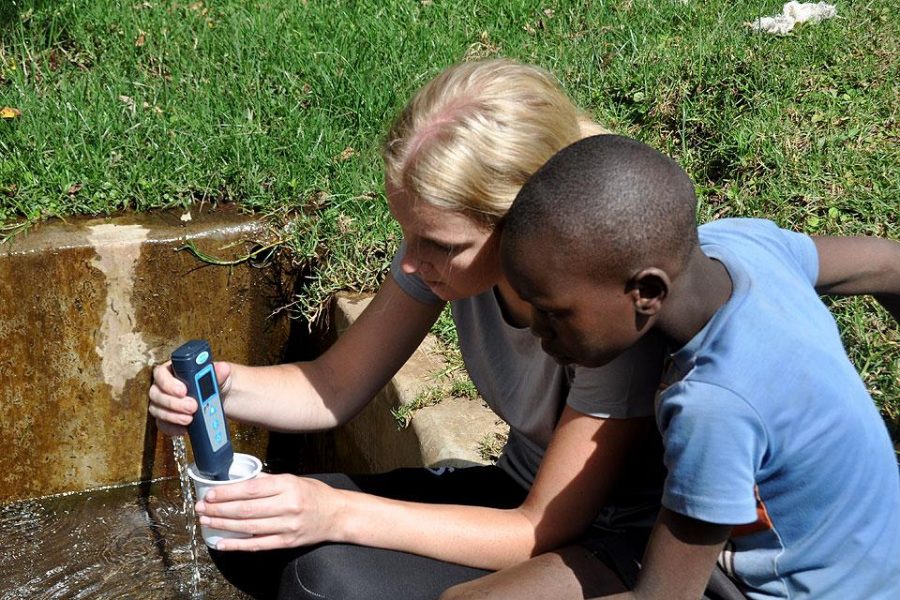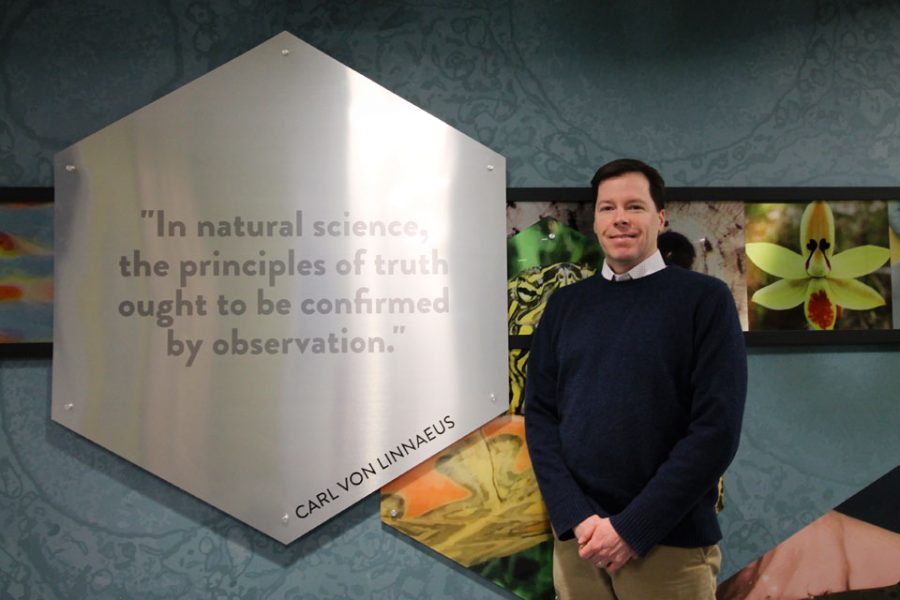It is no secret that the transition to dorm life, hectic schedules and demanding classes make regular, restful sleep difficult for the average college student. What students may not realize is the toll certain poor sleep habits may take on the body.
Sleep is important no matter what stage of life you are in. It is a common misconception that your body has stopped growing and changing when you are in college.
The frontal lobes of your brain, which are important for higher cognition such as reasoning, creativity and long term memory, are still developing in your 20s and are definitely affected when you are sleep deprived. Adequate sleep is particularly important for the learning process. What we learn during the day is replayed in our brain during sleep, according to Dr. Michael Anch, a biological psychologist who teaches the Science of Sleep at Saint Louis University.
Being tired in class will also affect your academics. “You can’t learn when you sleep and it is difficult to learn when you’re sleepy,” said Anch. According to the Yerkes-Dodson Law, you are likely to be performing your best when you are not too tired, but not too anxious either. Many students tend to use caffeine to offset the effects of sleeplessness, which can cause you to be unfocused and anxious in class if you consume too much.
“People get in the cycle of compensating for a poor night’s sleep by…having a million coffees the next day, and it can amplify some of the psychological effects. If you’re all amped up on caffeine and you haven’t had much sleep, you’re probably going to be a little more irritable,” Katie Kriegshauser, a clinical psychology doctoral student who works with insomnia patients, said.
Kriegshauser states that lack of sleep can lead to other physical and mental problems. “Things like depression and anxiety have a two-way relationship with sleep,” she said, “Lack of sleep can make you more depressed and anxious, but if you are depressed, a common symptom of depression is sleep difficulties.”
These difficulties include trouble waking up, falling asleep and staying asleep. If you are not sleeping because of stress, being tired will exaggerate those symptoms. Irritability and decreased attention are common results. Also, the less you sleep, the more likely you are to catch a cold or be susceptible to infection. In general, physicians need to take sleep into more consideration when making a diagnosis, a problem Dr. Anch believes should be taken into account in medical schools.
“The bottom line is the majority of physicians don’t know [anything] about sleep…a complete understanding of any physiological system requires and understanding of how that physiological system changes during sleep.”
With sleeplessness, diet and exercise definitely become harder to moderate. “You are less likely to inhibit those impulses to not go…to Salsarita’s and get a giant burrito,” Kriegshauser said. People generally lose their motivation to exercise or eat healthy because it requires more effort.
There are many social, behavioral and physical factors that affect sleep. Two major components that influence everyone’s sleep, regardless of any other circumstance, are referred to as processes S and C. Process S is the homeostatic drive your body feels for sleep; the basic need for sleep. Process C refers to the circadian rhythm, which is basically your internal clock that dictates how alert you are throughout the day. That “2:30 crash” you feel is a result of Process C. “2-6 a.m. and p.m. is when you are most sleepy” said Anch. This is a result of fluctuations of your core temperature. When your body temperature drops, you are going to feel more tired because when you sleep, your body naturally gets cooler.
One of the biggest culprits of students’ sleep deprivation is schedules. Whether you love or hate your roommate, there is always the likelihood that you will have incompatible schedules- not necessarily class and job schedules, but sleep schedules as well. “If you are a night owl and you’re living with someone who goes to bed at…8 or 9 o’clock, that’s going to be a really difficult thing to resolve,” explains Kriegshauser. “In that case, it might just be setting up the environment so that it works” for all parties. She recommends arranging rooms so that if one person uses their laptop late at night, it will not disturb others, or making sure that after a certain time, if you are not sleeping, you are not in the room bothering those who are.
About one-third of the population will experience insomnia at some point in their life. However, the amount of sleep a person needs is very individualistic, and even that is a problem. “That’s the number one myth…people are convinced that they need eight hours, and then they get extremely anxious that they’re not getting [it],” said Kriegshauser. Sleep drunkeness is also a common problem amongst students. It is essentially what happens when you sleep for too long and feel more tired when you wake up.
Maintaining good sleep hygiene is important to better sleep. Anch said that the literature suggests not using beds for anything other than sleep and sex. It becomes a problem when you associate your bed with a place for watching T.V. or doing homework. Kriegshauser recommends regulating your waking time so that you wake up around the same time everyday. “If you’re trying to get your sleep in shape, you should be waking up [at] the same time everyday, even on the weekends.” she said.
There are a number of easy things one can do to improve sleep. Exercise and diet play an important role. Exercising about half an hour a day will help you fall asleep, as long as you do it at least three hours before sleeping. Eating a meal high in protein will help you stay awake and alert in class, whereas eating a carbohydrate-laden meal will make you feel sleepy. Limit nicotine, alcohol and caffeine use. If you have difficulty falling asleep, make sure your room is completely dark. Melatonin is naturally released when it is dark. If you have a hard time waking up in the morning, bright light can help. Melatonin supplements can also be bought to aid your body’s natural sleep process.
For more information on Dr. Anch’s work and tips for sleep, visit healthandsleepsite.com. If you are experiencing any serious sleep problems, SLUCare has a Sleep Disorders Center.








